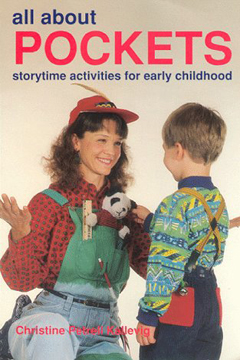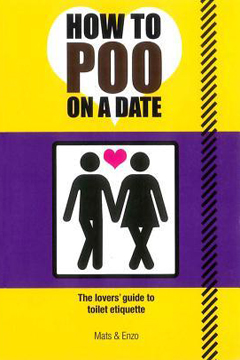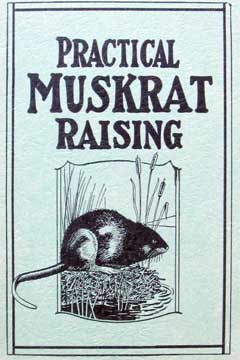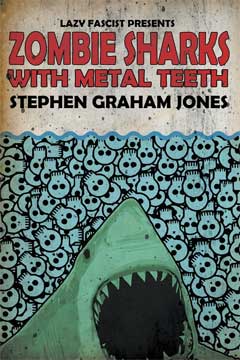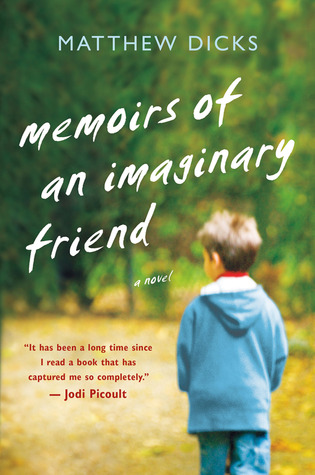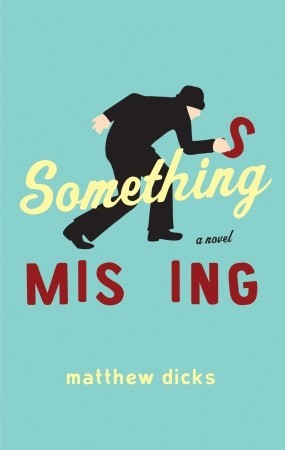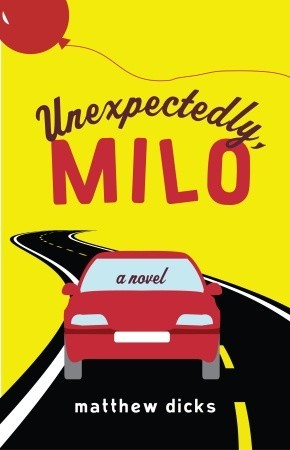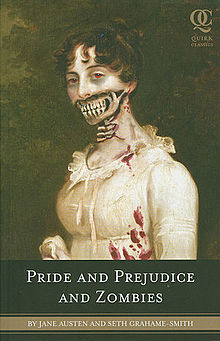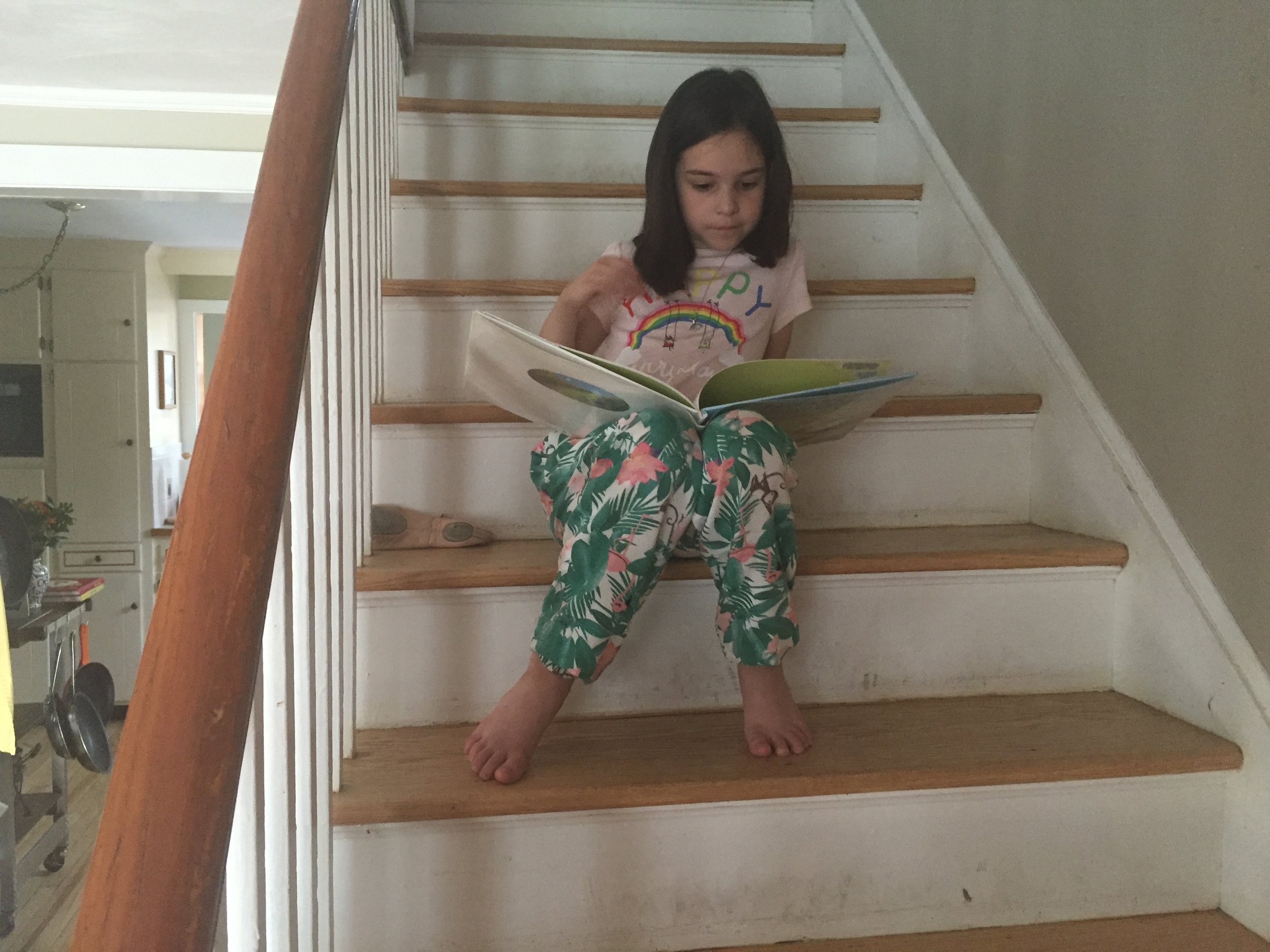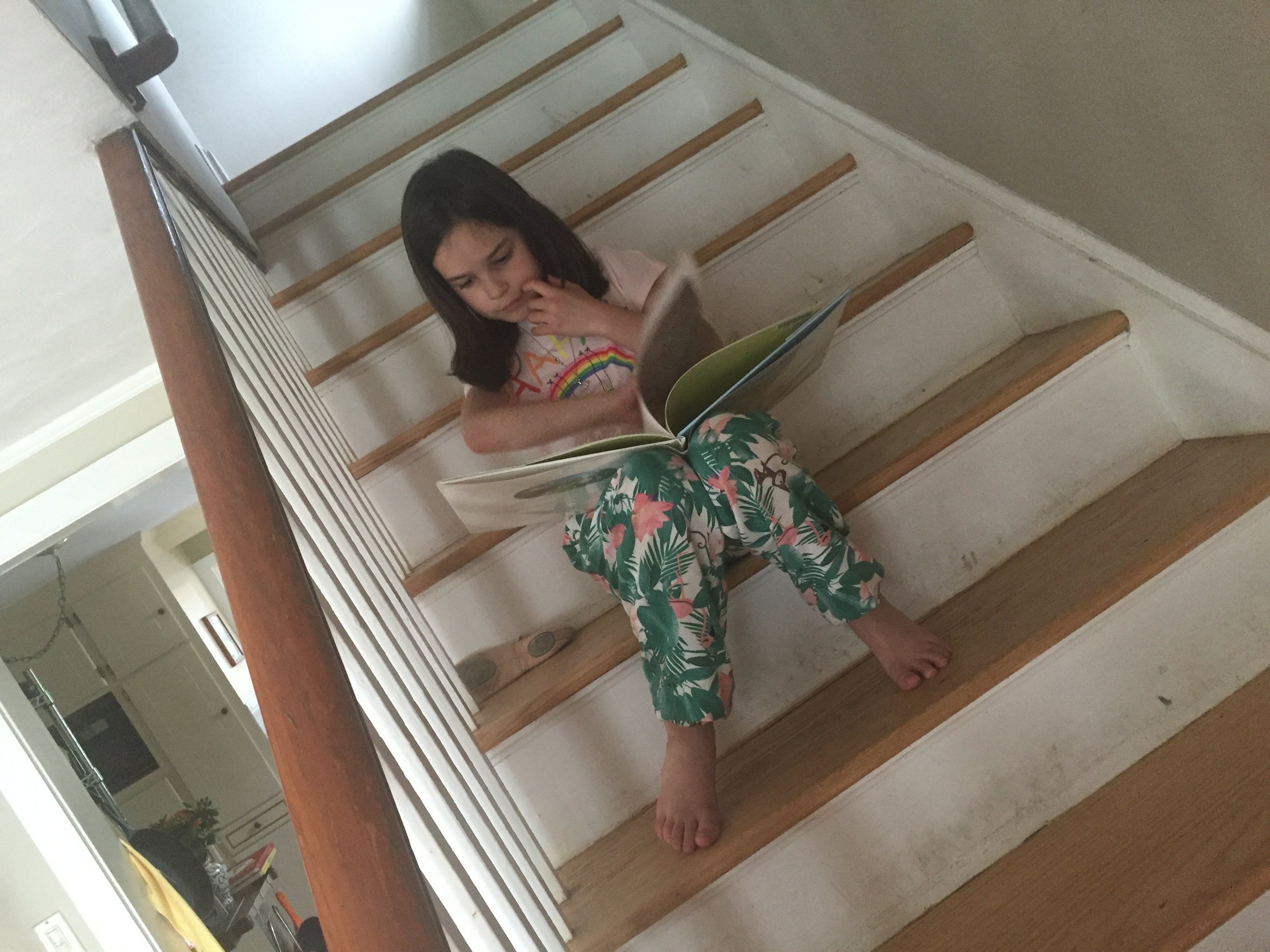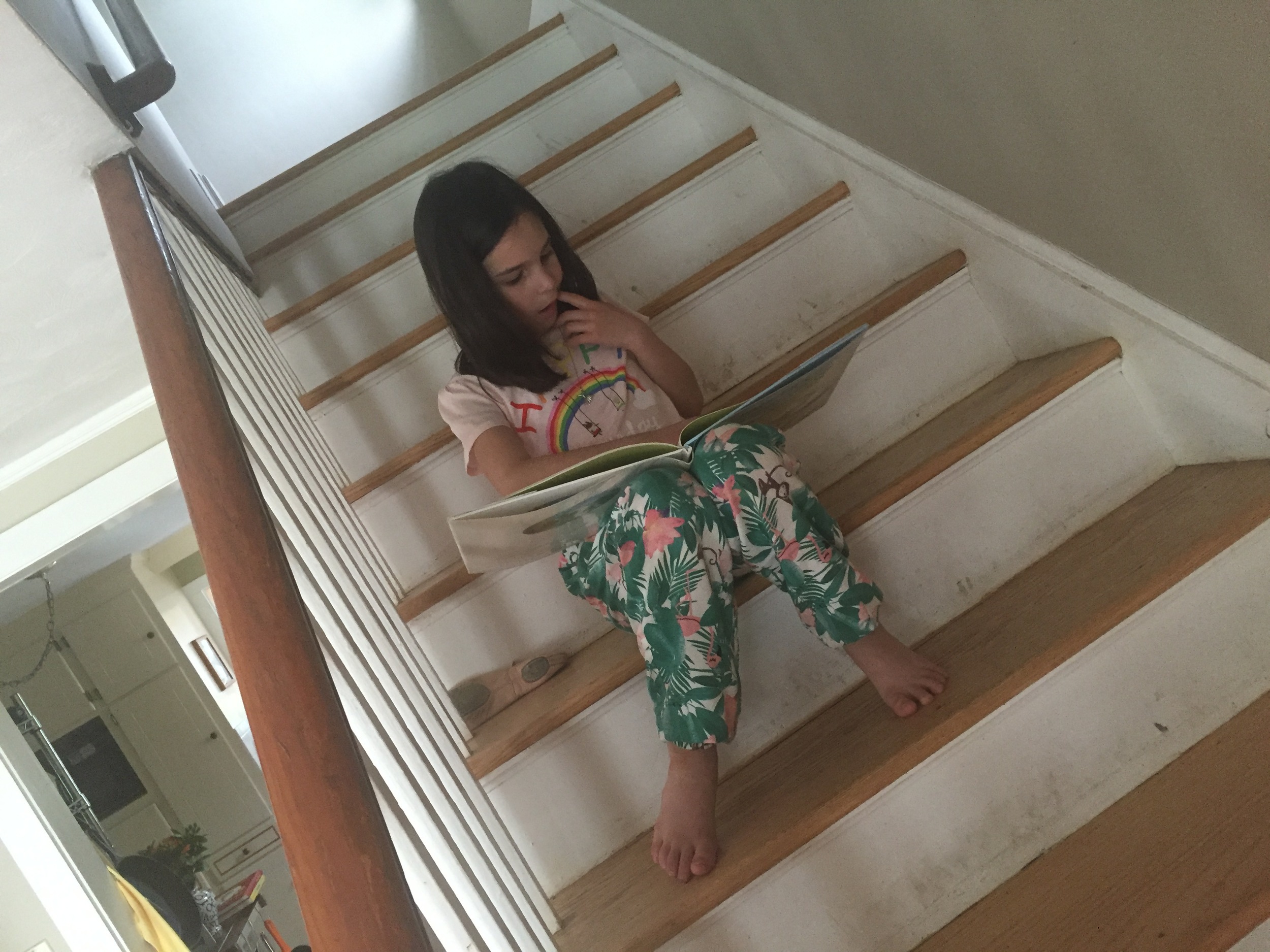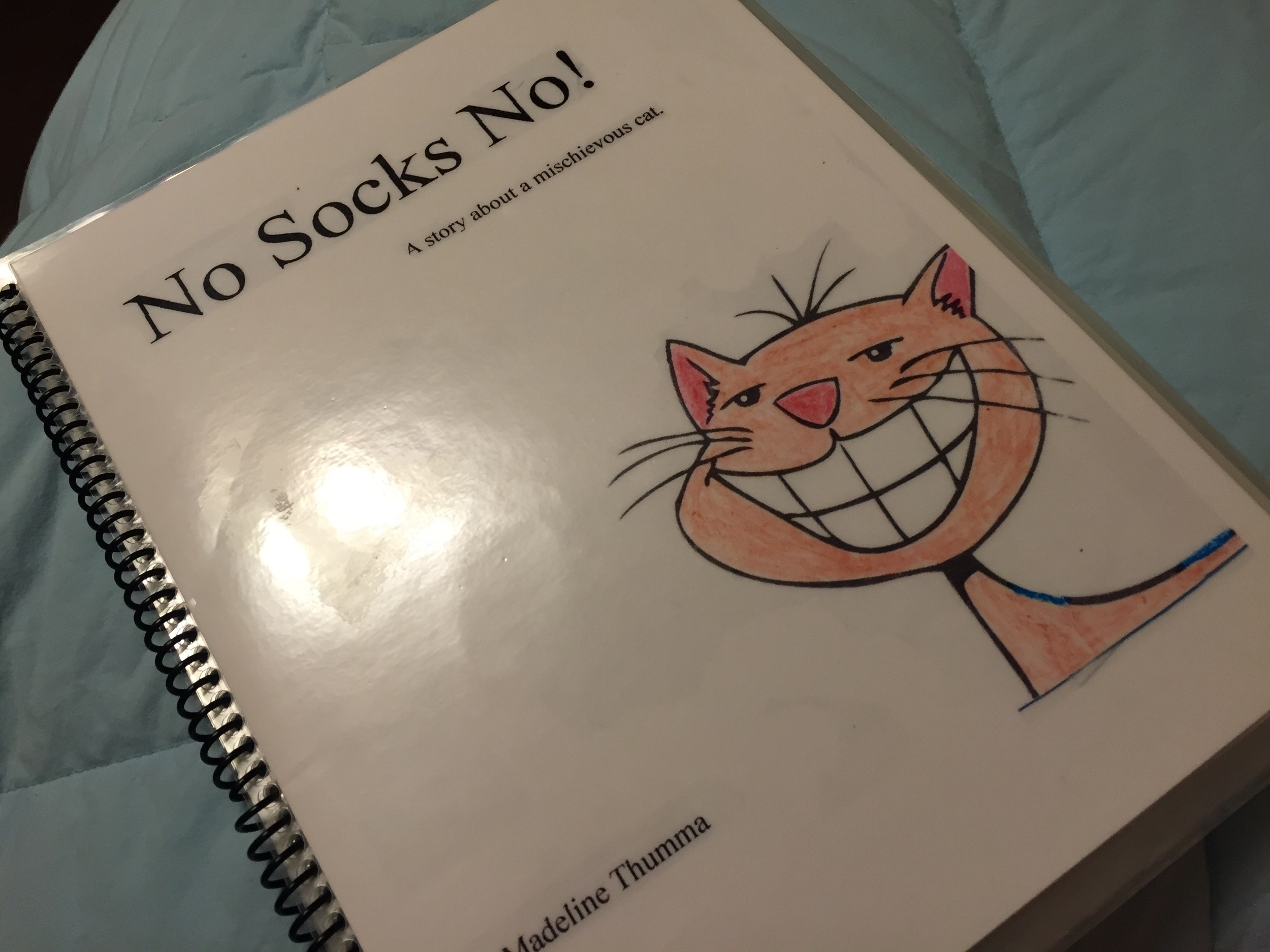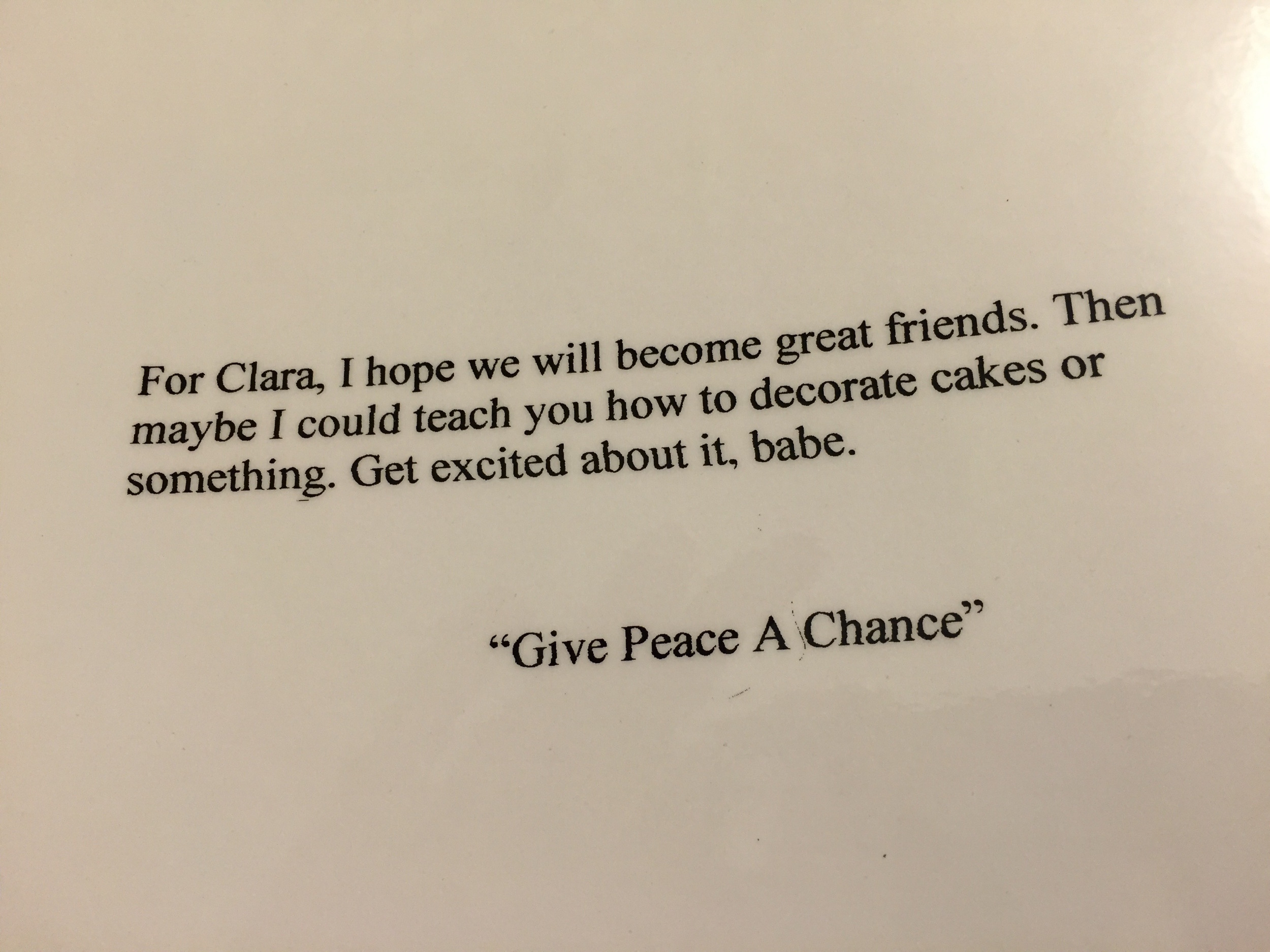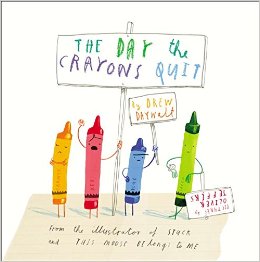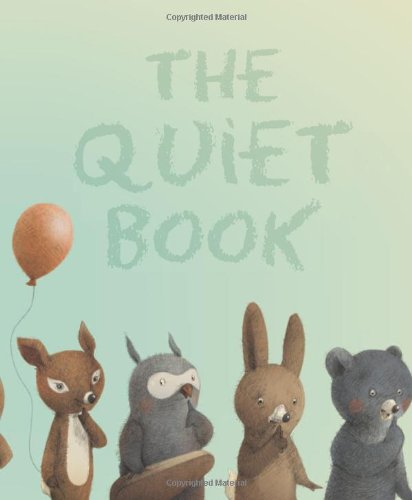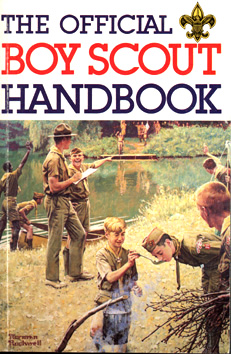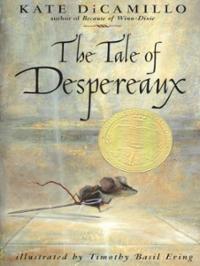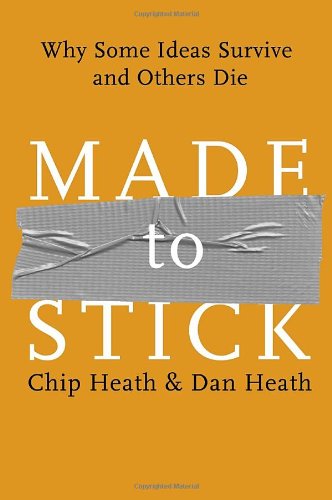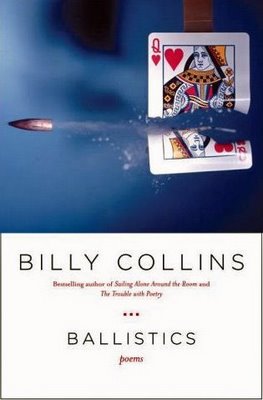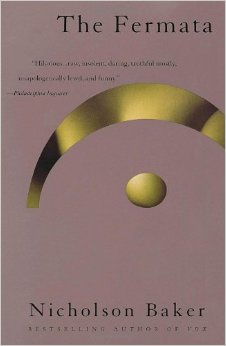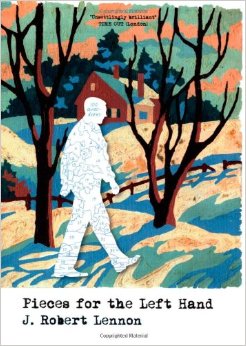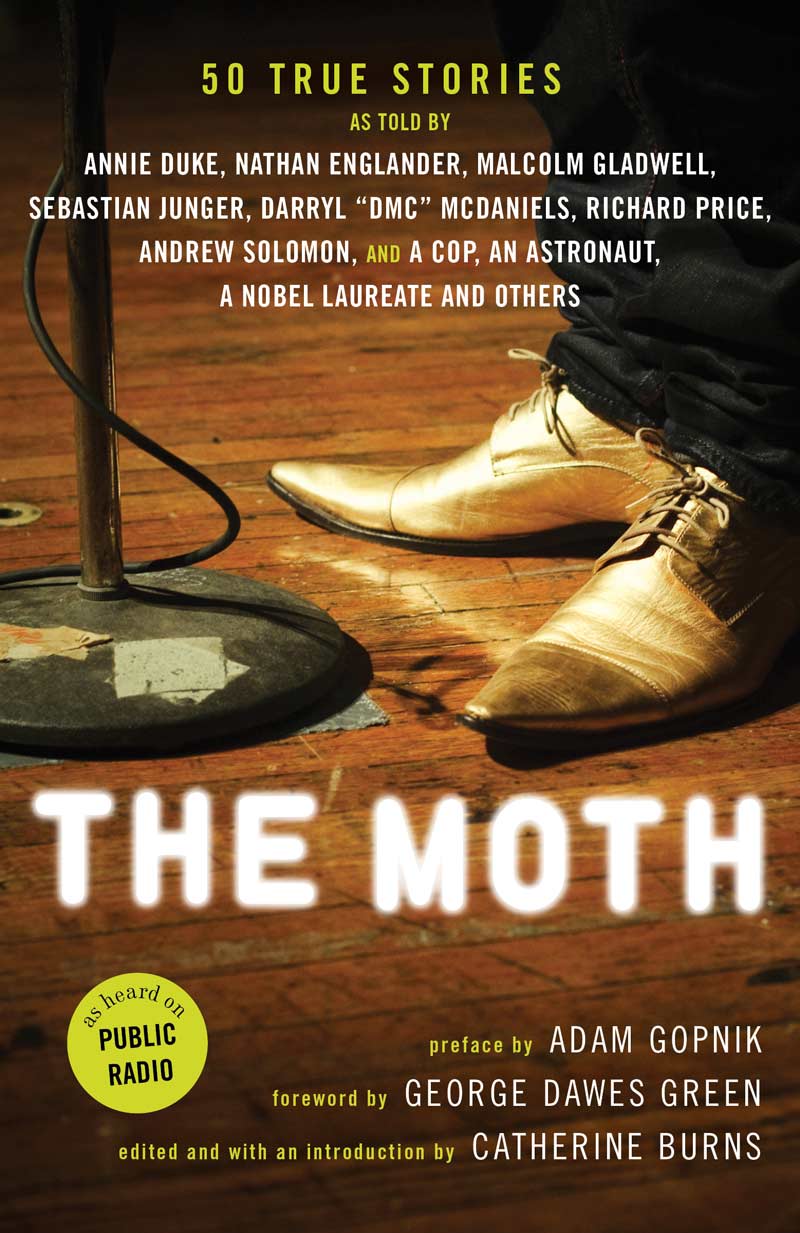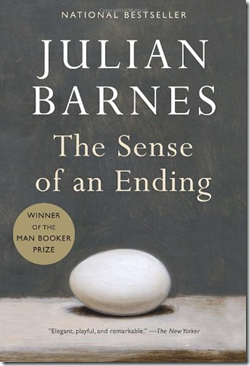The Weird Book Room: The last place I want my books to end up
/I sometimes ponder the fate of my books.
Will anyone read them a hundred years from now?
Will libraries still have them on their shelves?
Will they even exist?
One of my friends recently suggested that my books are merely an attempt to negate my mortality and live forever. This is not true, of course.
Books aren't even close to a suitable replacement for my desire to live forever.
Worse than ceasing to exist or never being read, what if my books end up in a place like this, alongside titles like these:
Great first sentences (and an analysis of the first sentences of my own novels)
/I have no definitive favorite first line of a novel, though I am partial to the first line of Slaughterhouse Five:
"All this happened, more or less."
Also, Fahrenheit 451:
"It was a pleasure to burn."
Of all my books, I like the first sentence of Chicken Shack, my unpublished novel that will hopefully see the light of day someday, the best:
"They tried not to receive corpses on the same day as chicken, but since it was impossible to predict when a logger might fall from his bucket truck and break his neck, the two deliveries occasionally coincided."
I like to think that it works well because it’s unexpected and a little mysterious but contains enough specificity to make the initial image real for the reader. Why chicken and corpses would arrive anyplace on the same day is strange, but the specific image of the logger’s fall is enough to also establish the reader within the story.
At least I hope.
I also like the first sentence of Unexpectedly, Milo:
"The moment that Milo Slade had attempted to avoid for nearly his entire life finally arrived under the sodium glow of a parking lot florescent at a Burger King just south of Washington, DC along interstate 95."
Again, the sentence contains that combination of mystery and specificity that I like. The moment that Milo has been trying to avoid for his entire life is left undefined, but the setting is clearly established. In doing these two things simultaneously, I like to think that I both intrigue and ground the reader in the story at the same time.
However, this sentence was not originally the first sentence of the book. Prior to the addition of the prologue, this sentence appeared closer to the end of the book than the beginning. The original first sentence was:
"When he spotted the video camera the first time, sitting on the end of the park bench beneath the dying elm, Milo didn’t take it."
While I like the new first sentence better, this isn’t bad. The use of the phrase "the first time" lends an air of mystery, yet I again attempted to make the specifics of the scene (park bench beneath the dying elm) clear to the reader.
The first sentence of Something Missing reads:
"Martin opened the refrigerator and saw precisely what he had expected."
I don’t like this one nearly as much, but it accomplished the goal at the time. Compared with the other two books, I put in significantly less thought into the first sentence of Something Missing, but my intention was to begin with action, knowing how much of the story would take place within Martin’s head. I also revised the sentence much later to include the words precisely and expected, knowing how appropriate they are to Martin’s character.
The first sentence of The Perfect Comeback of Caroline Jacobs is a good one, too:
"Caroline Jacobs rose, pointed her finger at the woman seated at the center of the table reserved for the PTO president and her officers, and said it."
Truthfully, though, it's really the first paragraph as a whole that works well. The first sentence contains that same blend of mystery and specificity, but it works even better in concert with the four other sentences that make up the first paragraph.
The same holds true for Memoirs of an Imaginary Friend. The first sentence is:
This is what I know:
My name is Budo.
This is the beginning of a list of nine things that comprise the opening page, and these items work well together. In fact, the last item is the sentence that hooked by editor when she was considering the book.
Sometimes a first paragraph is more relevant than a first sentence.
One of my favorite first lines of a book (and many people's first line) comes from Charlotte's Web:
"Where's Papa going with that ax?" said Fern to her mother as they were setting the table for breakfast.
It’s probably my favorite because author EB White appears to have the same goal in mind as I do when writing a first sentence. "Where’s Papa going with that ax?” is certainly intriguing, but White also firmly establishes character and setting in the second half of the sentence.
My wife’s favorite line is the classic line from Pride and Prejudice:
It is a truth universally acknowledged, that a single man in possession of a good fortune, must be in want of a wife.
I recently attempted to challenge the merit this line, claiming that it may have a foundation in sexism, patriarchy, and materialism, but my wife threatened to go out to the shed and get Papa’s ax if I said another word.
But still, doesn’t it?
An alternative to this line can be found in Pride and Prejudice and Zombies, the retelling of the Jane Austin classic with “ultraviolent zombie mayhem!” Expectedly, the famous first line of Austin novel was re-written for this retelling:
It is a truth universally acknowledged that a zombie in possession of brains must be in want of more brains.
No question of sexism there.
Do you have a favorite first line to share? If so, please do.
If you want to have a say in education, become an educator
/Attention politicians, policy wonks, educational advocates, professors of education, and anyone else who wants to have a say in education:
"Every human being who wants to have an opinion of American education ought to spend some time as a substitute teacher."
- Nicholson Baker, the author of Substitute, who served as a substitute teacher for a year in order to write his book and understand the challenges and rewards of teaching
The Most Poorly Named Character in All of Literature
/Willy Wonka.
Charlie Bucket.
Augustus Gloop.
Veruca Salt.
Violet Beauregarde.
Grandpa Joe.
Grandma Georgina.
The Oompa Loompas.
Amazing, perfect, ingenious character names from Charlie and the Chocolate Factory, written by master storyteller Roald Dahl, who was born 100 years ago today.
And then, for reasons I will never understand, there was Mike Teavee, a boy addicted to television.
The worst character name in all of literature. The most blunt, overwrought, self-evident, unsubtle, uncreative name ever.
After all of those amazing, unforgettable character names, Dahl settles on Mike Teavee for a boy who loves TV?
Where was his editors when he needed them most?
Book Club Adventures on Planes and Trains and Automobiles (sort of)
/Since I published my first novel in 2009, I have attended well over 100 book club meetings both in person and over Skype with people from all over the world who have read my books. While I love speaking in book stores and libraries whenever given the opportunity, it's always a special honor to be invited to one of these book club meetings. These are folks who have already read my book and are armed with interesting comments and questions that I love to listen to and answer.
What I have discovered over the years is that no two book clubs are exactly alike. Each possesses a unique personality and culture that is often surprising and oftentimes unimaginable.
Simply put, I have witnessed a great many things over the years while visiting with book clubs. Occasionally, Elysha will join me for a book club meeting, making these experiences even more fun.
The methods by which book clubs choose the books they read are fascinating. From debates to democracy to diplomacy to the simple process of taking turns (the preferred method of my own book club), these decisions are fascinating to watch and sometimes a little overwhelming. I have witnessed two PowerPoint presentations at the end of book club meetings, filled with slides arguing why a particular book should be chosen next. I've watched people read book reviews aloud in an effort to win over their fellow book club members. And I've watched one woman offer to buy the book for all of the ladies in the club if they agreed to read it next.
I have participated in living room game shows of sorts, designed by book club members to test their fellow members' knowledge of the plot and characters of the book. One of these games included theme music, an enormous scoreboard, and electronic buzzers.
I've attended book clubs where the only food served was food mentioned in the book.
I've attended book clubs where members skinny dipped in the adjacent pond. Granted that was my own book club, and one of the skinny dippers was my wife, but still.
I've visited the book clubs of colleagues and friends. High school classmates and former students. Elysha's first babysitter. My ex-girlfriend. A fellow author.
I visited a book club that rates the books they read on a 10-point scale, and these scores are averaged, giving the book a final score. In addition to assigning a number, each person also gives a reason for their determination. Members not present who finished the book can email in their rating and rationale. One of their members on the night I was there was in Korea but still took the time to email a score and a paragraph explaining her thinking.
At the end of the year, this book club meets for an awards night of sorts. The members vote on the books read during the year in categories like best and worst book, best passage from a book, best and worst male and female character, best discussion, best cover, and more. They run this awards gala like the Oscars. Members vote, and presumably one member (unless they also enlist the services of Price Waterhouse) collects the votes and places the winner’s names in Oscar-like envelopes for the dramatic reveal.
I've Skyped with readers in at least half of the 50 states, plus Canada, Mexico, the UK, Denmark, Brazil, and Germany. I've spoken to a bookclub of women in Saudi Arabia who were all donning full burkas for the entire discussion. I've spoken to students in on the other side of the country and prisoners behind bars.
I've often thought that I should write a book about my book club adventures. I have more than enough stories to fill the pages,
And I continue to experience new and interesting moments with book clubs all the time. Last week I had two such experiences.
Early in the week, Elysha and I were invited to attend my first book club meeting on a boat. We traveled to Coventry, CT, where we boarded a small boat on Lake Wangumbaug and went for a ride on a warm, summer evening with about half a dozen ladies and two of their husbands. Barbecue chicken and other tasty morsels were served, as well as Blackstone wine, in honor of my hometown and the setting for The Perfect Comeback of Caroline Jacobs.
It was a beautiful summer evening and a picturesque setting for a chat about books, writing, schooling, and more. We met some fantastic people that evening and hope to see them again sometime soon.
Later in the week, I was scheduled to Skype with a book club in Strasburg, Ohio, but a mix-up on my part regarding the date of our meeting caused me to be double booked. I was supposed to be at a Moth StorySLAM at the National Black Theater in Harlem that night while also speaking to a group of library patrons who had just finished reading Something Missing.
So in another book club first, as we drove into Harlem, Elysha called the group via Skype on my phone and pointed the camera in my direction while I sat behind the wheel. While I navigated the surface streets of Harlem, I answered questions from the group about Something Missing and my writing process. And when things became dicey because I was traveling into unfamiliar sections of the city and needed to consult my GPS, Elysha turned the phone on herself and answered questions from the group.
Book clubs folks love to ask her questions.
One of the questions asked was this:
"Is Matt as funny at home as he is in his books?"
Elysha's response:
"No, not really. But he makes like interesting."
Two weeks later and I'm still stinging from that answer.
But it was my first book club conducted from behind the wheel of a moving vehicle, and while it caused Elysha to panic a few times, it was exciting, and the readers in Ohio got a kick out of listening to me speak while catching glimpses of New York that they only see in TV and movies.
I like to think that I turned a problem (double booking the evening) into something better than originally planned.
I also offered to do a more traditional book club meeting with them anytime they want.
I've yet to meet with a book club while on a plane, train, bicycle, or horseback, but I'm sure that day will come.
If you'd like to invite me to one of your book club meetings, either in person or Skype, simply send me an email. I'd be happy to get together with you and your fellow readers.
Bill Gates: 5 Books to Read This Summer
/Bill Gates offers five books to read this summer. It's a good list and a well produced video.
I think I'll be reading at least three of them.
In need of a little quiet
/Look who I found on the stairs, hiding from her brother so she could read in peace.
How I don't write
/This is how Susan Orleans writes.
I can't even.
Hidden gems on my daughter's bookshelf and in my teaching career
/My daughter and I pulled this book off her shelf last night, written by a former student named Maddie and given to Clara when she was born seven years ago. It's been hiding in the back between other books.
My wife taught Maddie as well. One of those rare students who was blessed with having both of us as teachers.
I just adore Maddie's inscription to Clara, and she does as well.
It is quintessential Maddie.
No one tells you when you become a teacher that former students will remain in your life long after the school year has ended, and they will continue to touch your heart in so many ways years later. It's not quite as valuable as medical insurance or a pension, but in terms of benefits, it's close.
Just over the course of the past two weeks, I've been contacted by two former students.
One of these former students decided to look me up ("It's 3:30 in the morning right now, and I randomly googled you.") and discovered that since he left my classroom, I've published novels, written musicals, and launched a storytelling career.
Back when he was in my classroom, I was still a struggling writer without a credit to my name. He was surprised to see all that I had done since he had moved on.
He is currently attending Albertus Magnus in New Haven, CT. He's studying business management and is playing on their basketball team. He's considering playing professional basketball in Europe in two years. His email was inspirational and sweet, and it made my day.
Last week the other former student - now a senior at Suffield Academy - visited my classroom to inform me that he has the lead in their school play and invited me to be in the audience on opening night. He performed in my annual Shakespearean production - King Lear that year - and credited that performance as the birth of his love for acting.
Elysha and I will be in the audience in April when he takes the stage.
Incidentally, Maddie - the author of No Socks No! - attends Eastern Connecticut State University. She's a communications major with concentrations in advertising and public relations. She's also a double minor in history and digital and art design.
No surprise. She was a remarkable student in elementary school, and she remains one today.
She graduates in May. If you have any job offers, I'd be happy to pass them on to her.
Little Boy Wants to Read. Badly.
/I know it's my kid, but it's so damn cute.
Cruelest joke of 2015 involved a beautiful new baby and Bill Cosby
/One of the best ideas that I heard in all of 2015 was this:
When a friend of mine gave birth to her first child, one of her friends sent her a gift.
It was a book. This book:
Possibly one of the cruelest jokes ever.
I plan to spend 2016 desperately seeking opportunities to send other Bill Cosby titles to my friends and family. I was tempted to add it to my 2016 list of goals, but I decided that it was trite and ultimately unproductive.
But I'm still doing it.
Used copies, of course. Most of his books are out of print, and I wouldn't want to financially support Cosby.
The Book With No Pictures: Best testimonial for the book ever
/BJ Novak's The Book With No Pictures is one of those ingenious books that I wish I had written.
Same holds true for books like The Day the Crayons Quit, The True Story of the 3 Little Pigs, and The Quiet Book.
Clever ideas brilliantly executed.
And I am not the only one this thinks The Book with No Pictures is brilliant.
My son can't really read yet, but watching him "read" The Book With No Pictures is testimonial enough.
Four pieces of perfect truth on the nature of writing and work by Dan Kennedy
/Dan Kennedy is an author, storyteller, screenwriter, and host of The Moth's podcast and their live shows. I first met Dan in 2011 when I took the stage for the first time and told a story at The Moth.
He was hosting that night. I took the stage, shook his hand, and told my story. I won that slam, and after he called me back to the stage to take a bow, he took a moment to tell me how much he liked my story. He told me that is was funny and honest and a little sad. "A perfect combination."
I still remember the moment like it was yesterday.
Since that day, Dan and I have been in many shows together, both in New York City and elsewhere. It's always an honor to share a stage with him. Though I adore all of The Moth's hosts, I feel a special kinship to Dan. I am saddened when he is not present to hear my story.
I tell my stories first for my wife, Elysha, but I think Dan is a close second,
Dan is also a great follow on Twitter, and yesterday he spilled some serious truth about writing and life that was worth capturing and sharing with you here.
@DanKennedy_NYC There are people who write every now and then. And there are writers who are people every now and then.
@DanKennedy_NYC Most movies about life depend on giant change, chapters ending, chapters beginning. Real life depends on sticking with things.
@DanKennedy_NYC When it comes to work, you're gonna end up doing what you want to do. Period. Spend 10 minutes or 30 years fighting it if you insist.
@DanKennedy_NYC Buy books for yourself and for other people.
If you're worried about the guy being a little earnest or intense, fear not. Earlier that day, he tweeted about eating pie over the sink in the middle of the night.
Funny, honest, and sometimes even a little sad.
Recommended Reading
/When I visit a bookstore or library or book club to discuss my new novel, The Perfect Comeback of Caroline Jacobs, I also recommend books as a part of my talk. Audience members have recently asked for a list of the books that I am currently recommending, so here there are, in case you can't make it to one of my upcoming appearances.
Details about why I am recommending each below.
The Official Boy Scout Handbook: I still have my original Boy Scout Handbook, which is now more than 30 years old, but I still think it's one of the best books ever written, particularly for a young person. Turn to any page and you will discover something fascinating. Learn to build a fire. Identify poisonous snakes. Properly fold a flag. Build a lean-to. Purify water. Sign language. First aid. Astronomy. It's an amazing book that any young person would love, whether he or she is a Boy Scout or not.
The Tale of Despereaux by Kate DiCamillo: This is the first gift that my wife ever gave me, on our first date, and it's a book I love dearly. Written for children but perfect for adults, it's the story of a mouse who dares to be different in a world that expects him to conform. It's a perfect story, perfectly told, that has remained in my heart ever since I read it for the first time.
Made to Stick by Chip and Dan Heath: If you're a teacher or a parent or someone who needs to convey information or skills that must be retained, read this book. It's the single greatest teaching guide ever written. It makes ever book about teaching that has ever cluttered by bookshelf look ridiculous by comparison.
Ballisitics by Billy Collins: Collins is a great poet an a former Poet Laureate of the United States. This may make him sound impenetrable, but it could not be farther from the truth. Collins is amusing, insightful, and simple. I recommend that rather than buying the book, purchase the audiobook. He reads it beautifully. Create a playlist with songs you love, interspersed with poems. It's a joy to be driving down the highway listening to a Beatles or a Stones song and suddenly have Billy Collins reciting a poem to you.
The Fermata by Nicholson Baker: I love Baker's work, and this is one of my favorites. It's the story of a man who can stop time, and he uses this power to undress and then dress women, so they never know that they were naked. This description does not make it sound compelling, but it's a terrific story of a man who desperately wants to connect with the world, and when he finally does, the surprising results.
Pieces for the Left Hand by J. Robert Lennon: This is a book of flash fiction. Though I love this book specifically, I am recommending it more as an attempt to get readers to give flash fiction a try. Flash fiction is stories written in a couple hundred words at most. It's an incredibly challenging way to tell a story, but when done well, is truly brilliant.
The Moth edited by Catherine Burns: This is a collection of 50 of the greatest Moth stories, originally told on stage, and lightly edited for the page. If you don't want to start reading at the beginning, start on page 200 with Erin Barker's brilliant story about her family. You'll soon encounter one of my favorite lines from the thousands of Moth stories I've heard over the years.
My book launch party was filled with many surprise guests and references to Dungeons & Dragons
/My most recent novel, The Perfect Comeback of Caroline Jacobs, published ten days ago on September 8. Originally my book launch party was slated for September 10, but that was the date of the Patriots home opener at Gillette Stadium, and I have my priorities.
My publicist understood completely, so the launch was moved to September 14.
A few weeks later, I had to point out that September 14 was Rosh Hashanah, and given the fact that my wife and many of my friends are Jewish, this date would also not work.
Please not that it wasn’t my wife or my in-laws or any of my many Jewish friends who noted the conflict, even though the date was made public and added to calendars for more than a month. It was me, a former Gentile turned reluctant atheist, who first realized the problem.
After I realized the conflict with Rosh Hashanah, we moved my launch again to September 17, which was last night. It meant that I needed to leave Colebrook, CT in the midst of a weeklong trip with my students to a YMCA camp to return home for a few hours, but that was fine.
Better than missing the Patriots game or disrespecting my wife’s holiday.
It was a terrific evening, and I thank each and every person who attended for making it a fantastic night. One of my friends counted well over 100 people in attendance, and I had many surprise guests, including:
- My aunt Paulette from South Carolina, who I haven’t seen in almost ten years and have only seen a handful of times in the last 30 years. She and her husband were traveling to Niagara Falls to celebrate their 50th wedding anniversary and made a detour in order to attend the event.
- Sarah, a high school student in Rhode Island who I have been corresponding with for almost two years about writing and publishing. I visited Sarah’s high school last year – where my former high school vice principal and nemesis is now principal – and she returned the favor by making the almost two hour trek to Connecticut to join us for the event.
- Sara, my friend and author from Vermont, who has now driven more than two hours to attend my last two book launch events.
- My superintendent, who told me that he would try to attend the event, but knowing the schedule of someone in his position must keep, I hardly expected him to make it. His willingness to give up an evening to support my work meant a lot.
- Many of my fellow teachers and colleagues, including one who had just returned from our YMCA trip hours earlier and was sitting in the front row.
- Maybe best of all, dozens of my former students, many all grown up and some who left my classroom just last year, all sitting or standing (there was a large standing-room-only contingent) in support.
Rather than reading from my latest novel, I spoke about how a high school teacher and an assignment on satire turned me into a writer and launched my first business, and how 20 years later a friend's request that I play Dungeons & Dragons with him and some buddies saved my writing career. I also recommended some books (including The Boy Scout handbook), took some questions, handed out some prizes, and signed many books.
It was an incredibly fun night and well worth the wait.
The author Julian Barnes would kill me, and defacing books is a terrible thing, but don’t you think this is also an AMAZING idea?
/While attending a book club recently, a woman told me that the book they read before my book was Julian Barnes’ The Sense of an Ending.
“And something really strange happened with that book,” she said.
Almost as soon as the discussion began, the woman became confused. “It was as if they had all read a different book than me. They were talking about an ending that I hadn’t read.’
After some investigation, she discovered that the last ten pages in her book were missing.
The Sense of an Ending has lost its ending.
When I asked her if she thought it strange that the book stopped midsentence and ended so abruptly, she said, “Of course. But the book is called The Sense of an Ending. I thought the author was trying to say something specific by ending it like that. Like maybe this is the true sense of an ending. Without fanfare. In life, things stop suddenly. We don’t get neatly wrapped endings.”
Then I had an idea. The author in me despises this idea.
The rest of me adores it.
Wouldn’t it be amazing to go to the bookstores and tear out the last 5-10 pages in every copy of The Sense of an Ending that you could find? Give every reader the same experience that this woman had when she can to the false ending of the book.
Tear out the ending in The Sense of an Ending.
It’s a great prank. Don’t you think?


